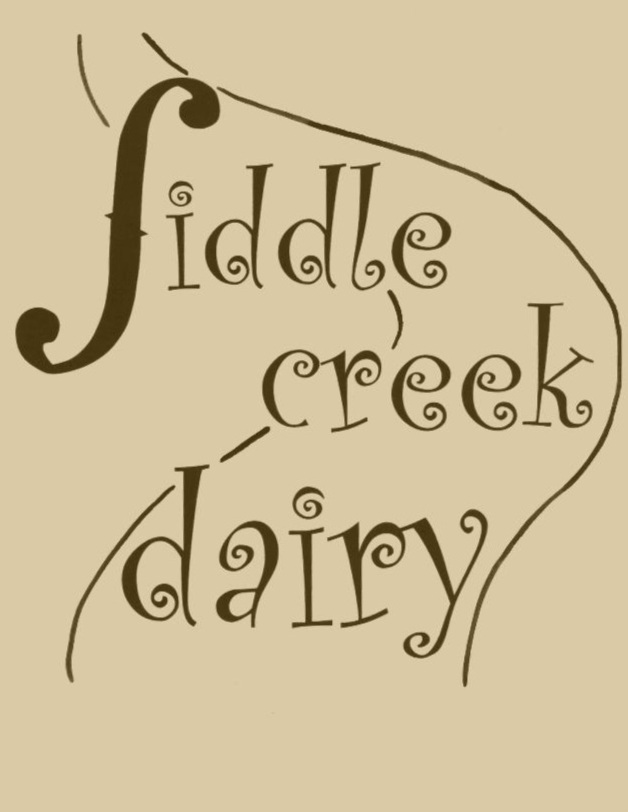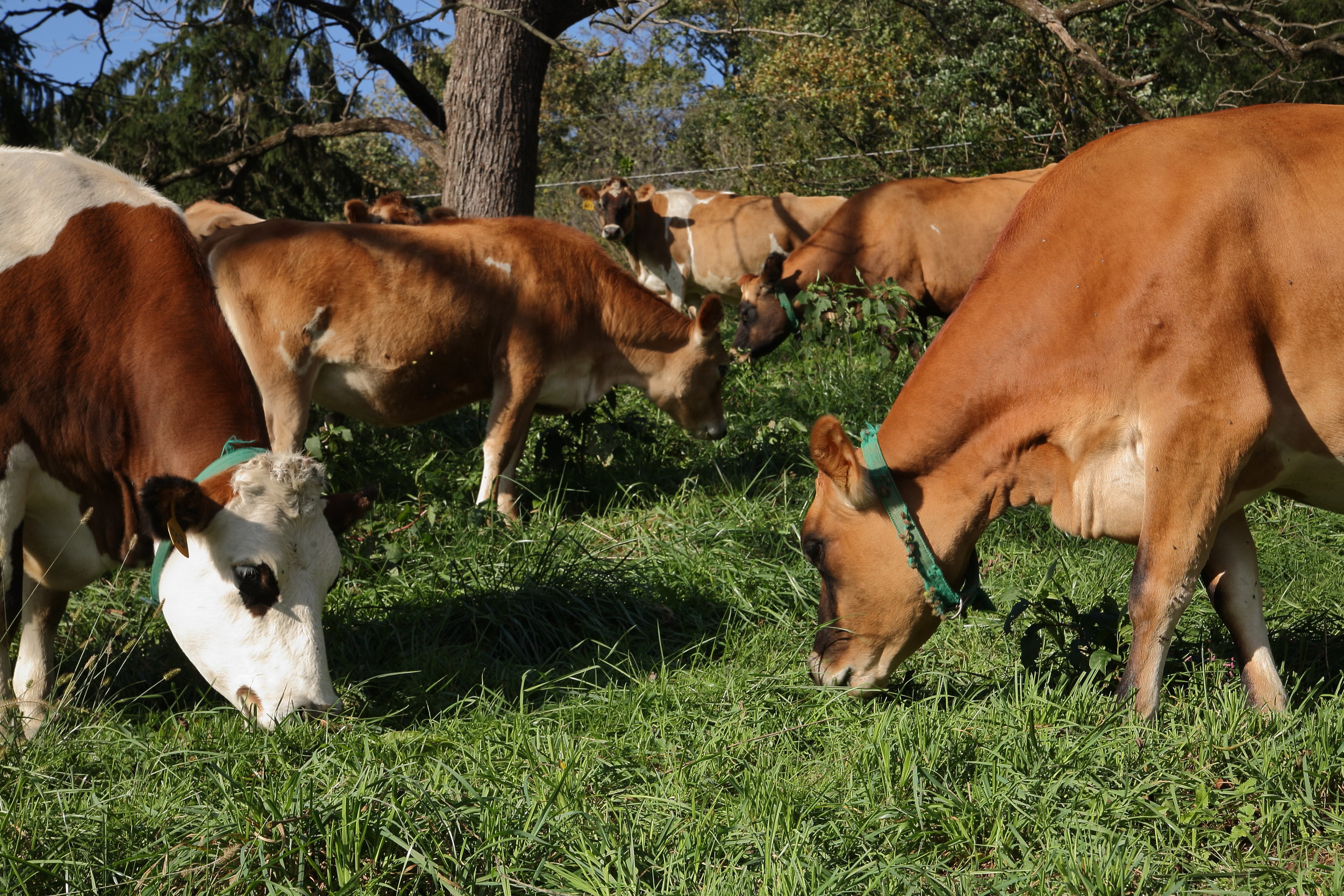Why grass is so great
Studies show that milk from cows who eat only grass is packed with goodness such as anti-oxidants, Vitamin E, Beta Carotene, and Omega 3’s along with the good kind of fats. This is what our cows eat year round - fresh grass during the spring, summer and fall, and hay and baleage (dried or fermented grass) during the winter. Our cows are not fed any grains, nor do they receive hormones. Their only supplements to grass are organic liquid molasses, salt, and minerals. Our pastures are free of herbicides, pesticides and synthetic fertilizers.
Grass Fed Beef
Our beef is from our herd as well, and filled with the same goodness and health benefits as our milk and dairy products.
Yoghurt and other milk products
We milk our Jersey cows once a day which means that the fat and solid content in the milk is very high. This creates the exceptional taste and texture. We make our yoghurt by only adding culture to the milk and nothing else; no sugars nor thickeners.
Our yoghurt, cheese and milk are full fat, straight from the cow. There are a number of fats in milk including conjugated linoleic acid (CLA) and transpalmitoleic acid, which are both beneficial to human health. Saturated fats, the kind we’ve been told to avoid, are also found in cow’s milk, but a number of recent studies challenge popular beliefs about health concerns associated with saturated fat. In fact, saturated fats in dairy carry nutrients and help one’s body absorb minerals and vitamins present in the milk. Besides the fact that it tastes great, full-fat dairy may not be a cause for weight gain, and could even aid in weight loss, as it allows one to go longer without feeling hungry.
Quite often, we've been told by various customers who cannot usually tolerate dairy products that they are able to easily digest Fiddle Creek Dairy yoghurt.
Read more about our commitment to care for the earth and respect for life




